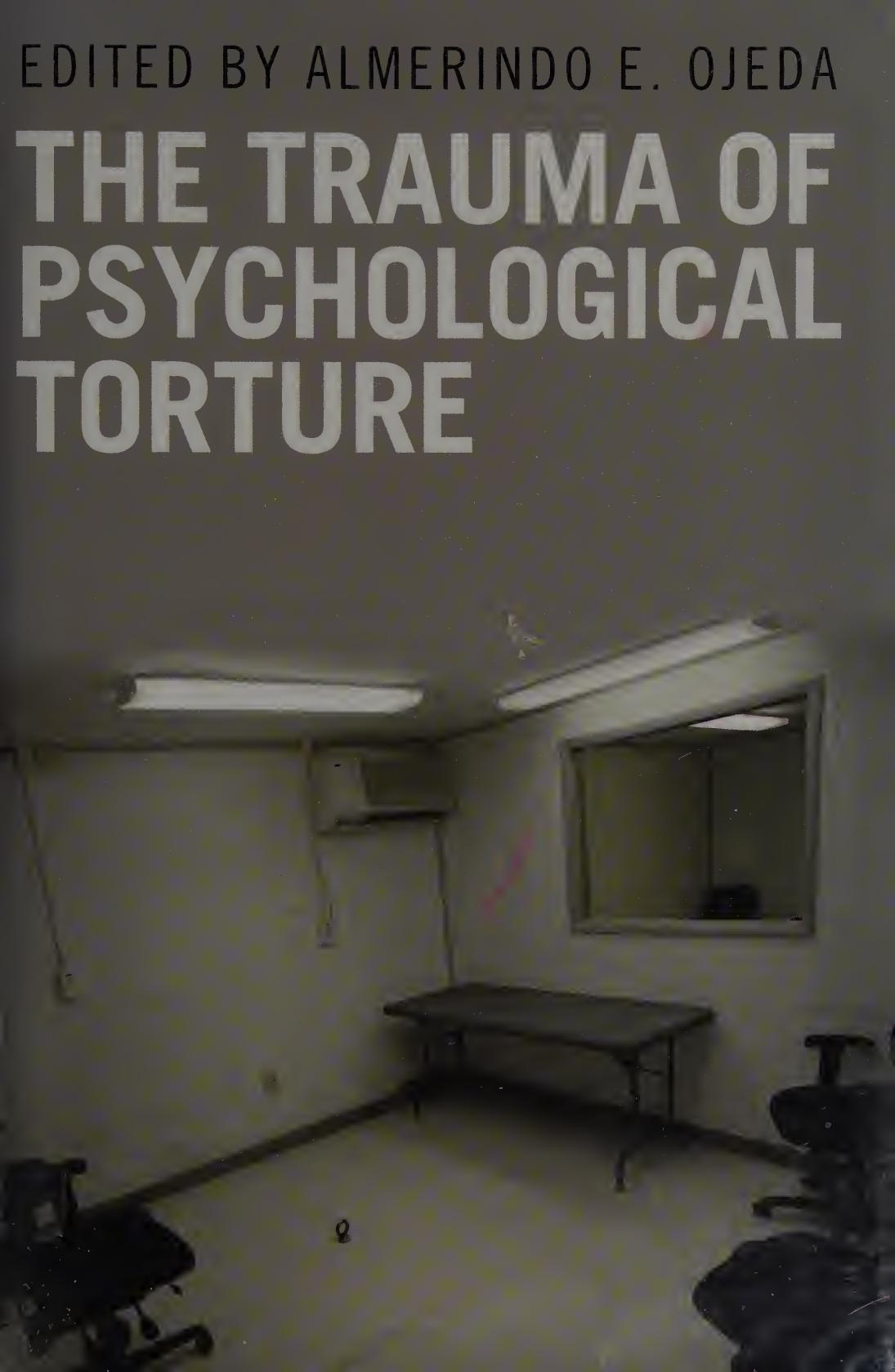

Most ebook files are in PDF format, so you can easily read them using various software such as Foxit Reader or directly on the Google Chrome browser.
Some ebook files are released by publishers in other formats such as .awz, .mobi, .epub, .fb2, etc. You may need to install specific software to read these formats on mobile/PC, such as Calibre.
Please read the tutorial at this link: https://ebookbell.com/faq
We offer FREE conversion to the popular formats you request; however, this may take some time. Therefore, right after payment, please email us, and we will try to provide the service as quickly as possible.
For some exceptional file formats or broken links (if any), please refrain from opening any disputes. Instead, email us first, and we will try to assist within a maximum of 6 hours.
EbookBell Team

0.0
0 reviewsIt is, in some circles, called
No-Touch Torture. Yet it brings pain and damage that can last a
lifetime. Psychological torture techniques - which have a history of use
by U.S. forces globally trailing far into the past beyond Guantanamo
and Abu Ghraib - include a variety of methods from mock executions,
severe humiliation, and mind-altering drugs, to forced self-induced
pain, sensory disorientation including loud music and light control, and
exploitation of personal or cultural phobias. It is no accident, for
example, that Private Lynndie England was seen in Abu Ghraib pictures,
which shocked the world, with Arab prisoners forced naked into a pile or
led like dogs by leash. Arabs have strong spiritual beliefs about the
humiliation of public nudity, and also have a strong cultural fear of
dogs. These techniques are neither surprising nor particular to England
if one has fair knowledge of the U.S. history of sanctioned
psychological torture techniques, say the experts behind this book.
Having reached a joint crescendo of intolerance and horror, scholars
from across the nation met in 2006 for a conference on psychological
torture and what can be done to stop the practice. They agree with
Alberto Mora, the U.S. Navy's general counsel, who fought to stop the
Pentagon-sanctioned psychological torture at Guantanamo. Cruelty
disfigures our national character. Where cruelty exists, law does not,
Mora said. This book is the joint effort of those scholars, from the
University of California Center for the Study of Human Rights in the
Americas, to Harvard Medical School, to paint a clear picture of
psychological torture, its longterm affects, and spur action to stop the
practice.
The distinctly American form of psychological
torture has four characteristics that make it attractive to the CIA and
other supporters, say the authors. It is elusive - lacks the clear signs
of physical abuse so eludes detection and complicates investigation,
prosecution, or attempts at prohibition. It i